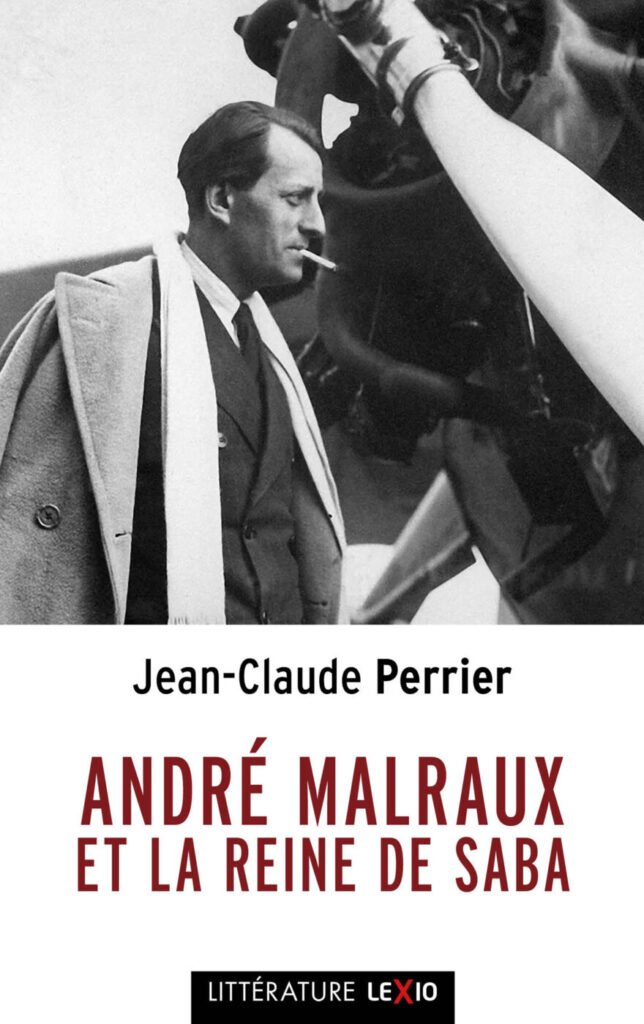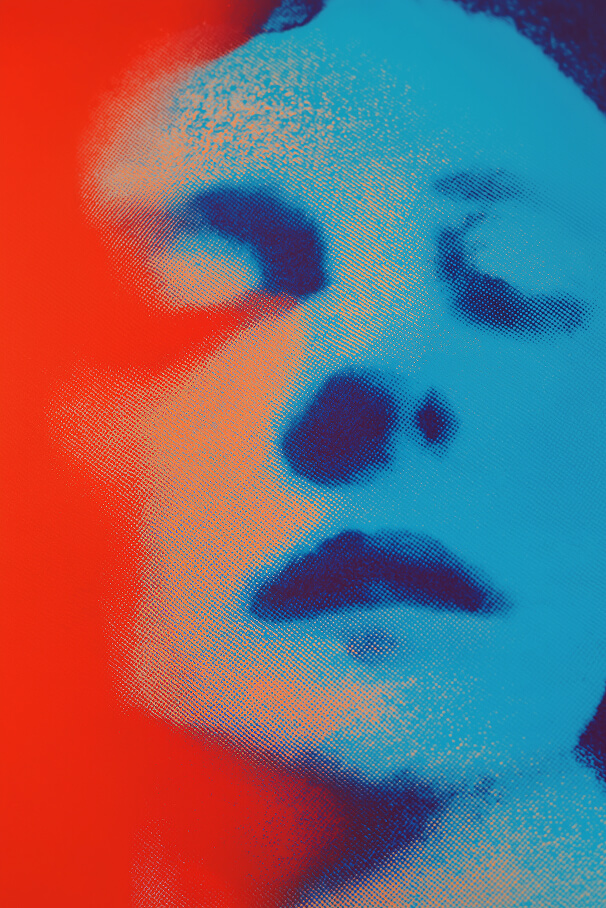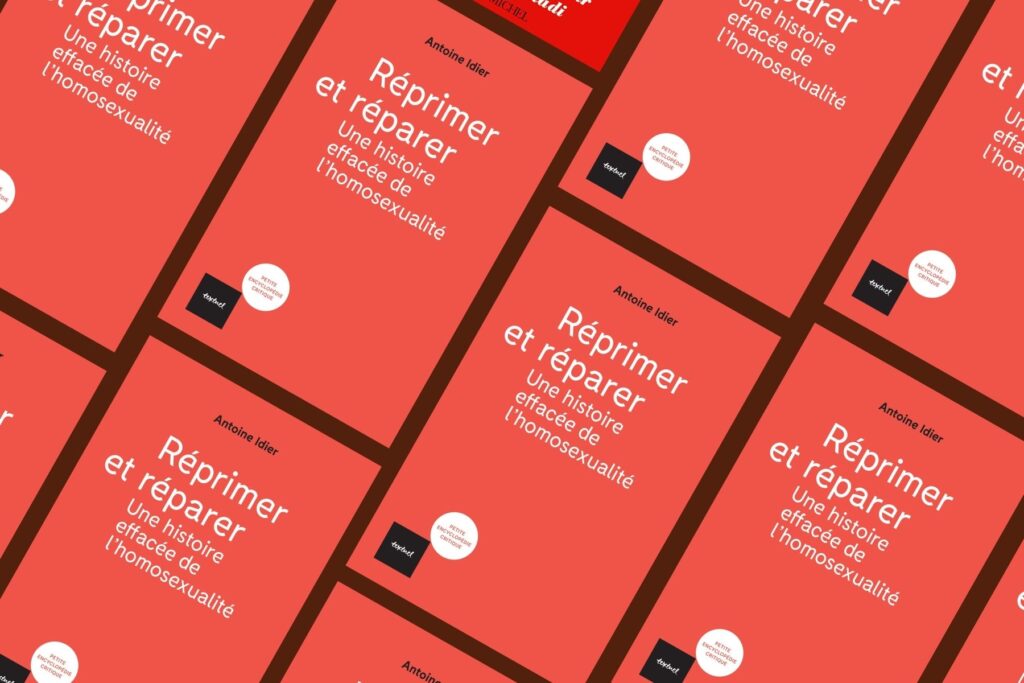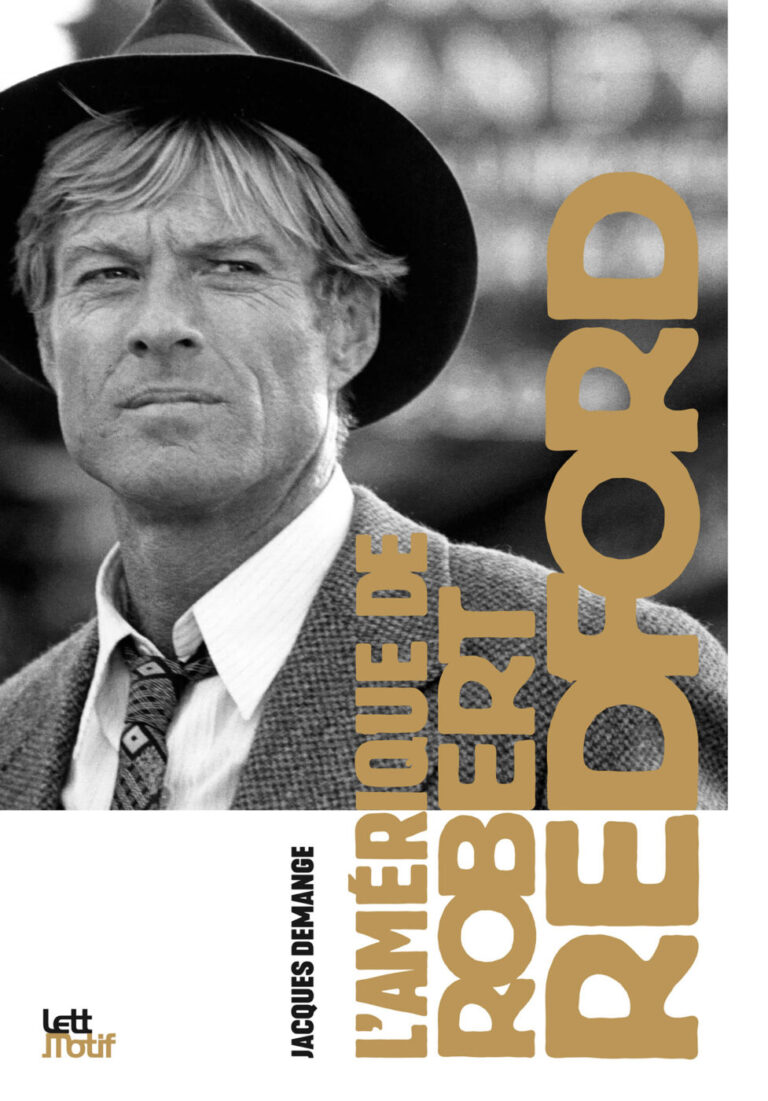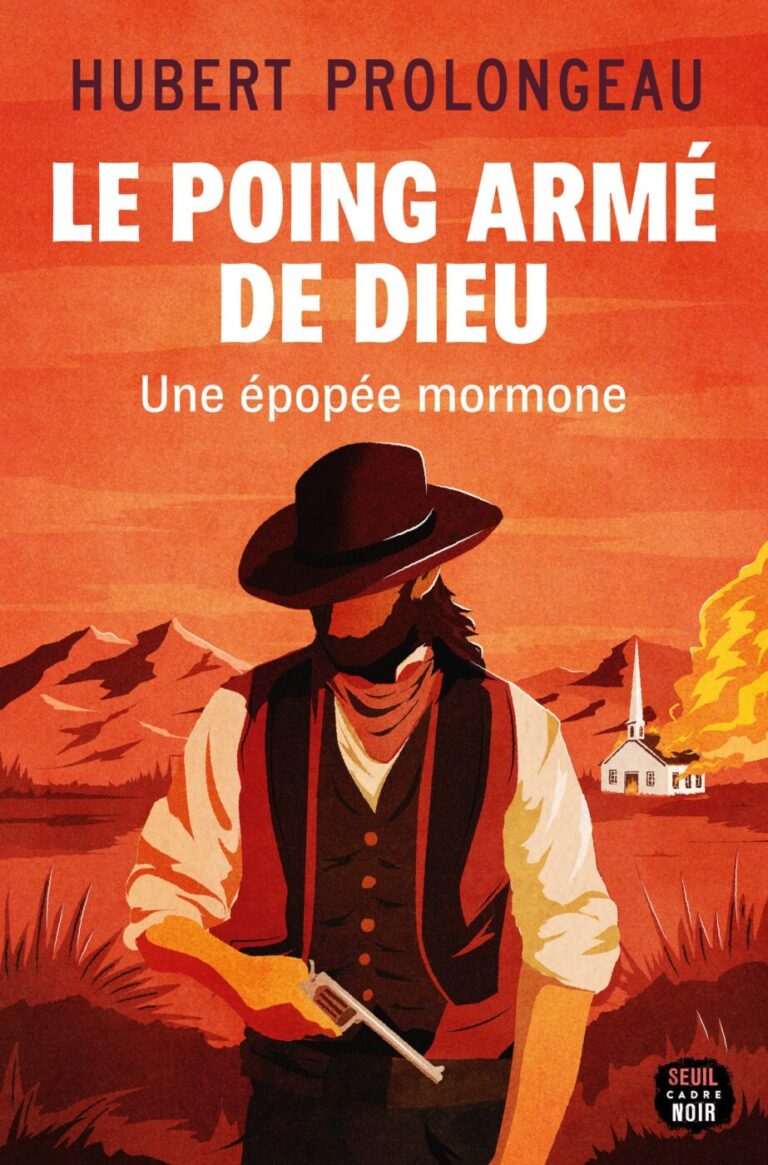In the foosteps of Enayat Zayyat – English version
An irrepressible, almost dreamlike quest to find a tomb in an old district of Cairo introduces, from the outset, a surrealist atmosphere in the story. To set such a scene of intrigue and suffering in search of an unknown woman, one senses that the author has invested herself entirely in this singular adventure. And the tone used as well as the imperious need to unravel the puzzle can to attest it.
This intimate approach is all the more unexpected as it is based on the discovery of a book. But how could a book which was only a minor success in its day, and which was bought by chance at a bookstore, arouse a such an inclination twenty years later?
This is as much a question for Iman Mersal as for the narrative matrix. A question centred around this enigmatic “Love and Silence” written by a certain Enayat Zayyat, whose style, marked by gentleness and mystery, will never cease to question the Egyptian novelist.
“There is a curiosity that takes hold of us in front of a writer who appears from nowhere,” admits Iman Mersal in the introduction to the book, as if she was apologizing for her indiscretion. This is a very legitimate precaution, so much so that the need to follow Enayat’s trail leads to intertwining and secrets. For, in the course of the many readings of this “Love and Silence”, there is much more than a novel that disturbs and fascinates. It is a whole part of the Egyptian society, heavy and patriarchal, which is inscribed between the lines. The same society that will rule illegally in the divorce proceedings that will lead to Enayat’s ordeal, witnessed by her best friend, the actress Nadia Lufti.
A friend who knew everything about her past, had in her possession a suitcase of papers and photos will constitute the soil of elements from which Iman Mersal will get closer, step by step, to her muse. And how can one not embrace the charisma of a young woman “with a crazy hope”, speaking of herself in the third person.
“She closed the early paradise of childhood to open the one of youth too soon…
She looked behind herself and saw that the door had closed again, had even disappeared.
For a while, she discovered a prodigious strength within herself, she saw herself as a camel that had stored up all the happy moments that had passed, ruminating on them slowly in the middle of this hostile desert. And then the provisions ran out. The provisions of the past. She would have needed something new then, but she found nothing except a despair as yellow as the sand…”
Unravelling the skein of an individual whose vulnerability was matched only by her strength to undertake, Iman Mersal will never stop questioning herself. To understand what drove Enayat to commit suicide in her 26th year. Was it because of the loss of her son, whose father had obtained custody? Was it the estrangement from Nadia Lufti or the refusal from her publisher to print her book?
After much research, Iman Mersal admits to being both circumspect and admiring. One thing remains for the one who wanted to exhume the stature of such a singular young woman: the empathy felt, to put it euphemistically, and the need to remember her, to show her as an example. The result is a beautiful ode to writing as the highest expression of friendship. It is therefore not surprising that Iman Mersal is one of the three finalists for the prestigious “Sheikh Zayed Book Award”, the Nobel Prize for Literature in the Arab World…
Une quête irrépressible, presque onirique à la recherche d’un caveau dans un vieux quartier du Caire instille, d’emblée, le récit d’une chape surréaliste. Pour planter un tel décor d’intrigue et de souffrance à la recherche d’une inconnue, on pressent que l’auteure s’est toute entière investie dans cette singulière aventure. Et le ton usité comme l’impérieux besoin à en démêler le puzzle sont là pour en attester.
Une démarche intimiste d’autant plus inattendue qu’elle s’articule autour de la découverte d’un livre. Mais en quoi un ouvrage, n’ayant connu en son temps qu’un maigre succès d’estime, – acheté par hasard chez un bouquiniste-, a-t-il pu susciter vingt années plus tard semblable inclination ?
C’est autant que la matrice narrative, la question d’Iman Mersal. Une question centrée autour de cet énigmatique “L’amour et le silence” ouvrage d’une certaine Enayat Zayyat dont l’écriture empreinte de douceur et de mystère ne va cesser d’interroger la romancière égyptienne.
“Il y a une curiosité qui s’empare de nous devant un écrivain surgi de nulle part” avoue Iman Mersal en liminaire du livre, comme pour s’excuser de son indiscrétion. Précaution des plus légitimes tellement ce besoin de suivre Enayat à la trace induit d’imbrications et de secrets. Car, au gré des nombreuses lectures de cet “Amour et le silence”, il y a bien plus qu’un roman qui dérange et fascine. C’est tout un pan de la société égyptienne pesante et patriarcale qui s’inscrit en filigrane. Celle-là même qui va statuer illégalement dans la procédure de divorce entraînant les épreuves d’Enayat dont sa meilleure amie, l’actrice Nadia Lufti sera le témoin.
Une amie qui connaissait tout de son passé, avait en sa possession une valise de papiers et de photos qui constitueront le terreau d’éléments à partir desquels Iman Mersal se rapprochera pas à pas de son égérie. Et comment ne pas épouser le charisme d’une jeune femme « à la folle espérance », parlant ainsi d’elle-même à la troisième personne.
Elle a refermé le paradis précoce de l’enfance pour ouvrir trop tôt celle de la jeunesse…
Elle a regardé derrière elle et a vu que la porte s’était refermée, avait même disparu.
Un temps, elle a découvert en elle une force prodigieuse, elle s’est vue comme un chameau qui aurait emmagasiné tous les moments heureux passés, les ruminant doucement au milieu de ce désert hostile. Et puis les provisions se sont épuisées. Les provisions du passé. Elle aurait eu alors besoin de quelque chose de nouveau, mais elle n’a rien trouvé qu’un désespoir aussi jaune que le sable…
Dénouant de la sorte l’écheveau d’un être dont la vulnérabilité n’avait d’égale que la force d’entreprendre, Iman Mersal n’aura de cesse de se questionner. Pour comprendre ce qui avait poussé Enayat à se suicider dans sa vingt-sixième année. Était-ce à cause de la perte de son fils dont le père avait obtenu la garde ? De l’éloignement de Nadia Lufti ou du refus de publication de son éditeur ?
Après maintes et une recherches, Iman Mersal avoue autant sa circonspection que son admiration. Une chose demeure pour celle qui a voulu exhumer la stature d’une si singulière jeune femme : l’empathie éprouvée, pour parler par euphémisme, et sa nécessité d’en faire mémoire pour la montrer en exemple.
En résulte une belle ode à l’écriture comme à l’expression la plus haute de l’amitié. Rien d’étonnant dès lors, à ce que par cet ouvrage, Iman Mersal figure parmi les trois finalistes du prestigieux “Sheikh Zayed Book Award”, Prix Nobel de littérature du Monde Arabe…
Michel BOLASSELL
contact@marenostrum.pm
Mirsal, Iman, “Sur les traces d’Enayat Zayyat”, récit traduit de l’arabe par Richard Jacquemond, “Sindbad”, “Bibliothèque arabe”, 14/04/2021, 1 vol. (272 p.), 22,00€
Retrouver cet ouvrage chez votre LIBRAIRE indépendant et sur le site de L’EDITEUR




